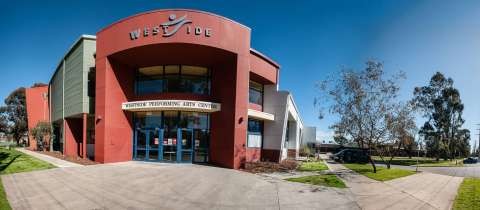As athletes look for ways to fuel their performance, there is growing interest in Protein Fortified Foods (PFFs) like protein bars, balls and smoothies, in sports nutrition.
“We always recommend a food first approach for athletes to fuel their performance, however we recognise that at times athletes may choose protein fortified foods to meet their training needs,” says Dr Larissa Trease, Medical Advisor for Sport Integrity Australia.
“Not all athletes can carry natural sources of protein like eggs or chicken breasts with them to training, so sometimes having a muesli bar or Up And Go with added protein can be a convenient way to meet their nutritional needs.
“However we know that some supplements like protein powders carry a risk of containing banned substances, so it’s important we understand any risks PFFs might present to athletes when it comes to substances banned in sport.”
Fortified foods refer to food and drinks that contain added ingredients or nutrients intended to produce a nutritional benefit, and are tightly regulated by Food Standards Australia New Zealand.
“Many athletes understand the risks of supplements when they buy protein powder in a supplement bottle, but one of the most frequent questions we are asked in education sessions is about the risk of foods and drinks that contain ‘added protein’,” Dr Trease said.
To help answer that question, the Australian Institute of Sport (AIS), Sport Australia and Sport Integrity Australia recently conducted a study into commercially manufactured PFFs.
The study found that commercially manufactured PFFs present no additional risk of containing substances banned in sport than other processed foods. This is due in large part to the high quality food manufacturing standards in Australia.
According to the study, foods commonly seen on supermarket shelves advertising themselves as protein enriched such as breakfast cereals, cereal/nut bars, pancake and muffin mixes, ice-creams protein energise drinks, and frozen meals, have been classed as low risk of containing substances banned in sport.
However, it’s important to note the study found that some shops and cafes prepare and sell protein fortified foods that contain unidentified protein ingredients or added botanical ingredients (e.g. Maca powder), and are therefore regarded as higher risk PFFs. These might include unnamed protein balls, smoothies with added protein powder, foods with hemp* and/or botanical ingredients, and non-batch tested protein and pre-workout powders which may be at risk of containing a banned substance.
“This is important and meaningful research for athletes, sports and support personnel which provides clear guidance about the risk of contamination with doping substances of protein fortified foods,” Dr Trease says.
“Sport Integrity Australia has partnered with the AIS to produce athlete resources to help them make informed decisions about protein fortified foods.”
Protein Fortified Foods fact sheet
The key message for athletes is that packaged food and drinks that contain added protein are low risk. However athletes should avoid unpackaged protein fortified foods and drinks, as they present a higher risk of containing a banned ingredient. Products containing botanical incredients like hemp and maca root should also be avoided.
You can also visit our websites at Sport Integrity Australia https://www.sportintegrity.gov.au/ and AIS websites at and https://www.ais.gov.au/.








